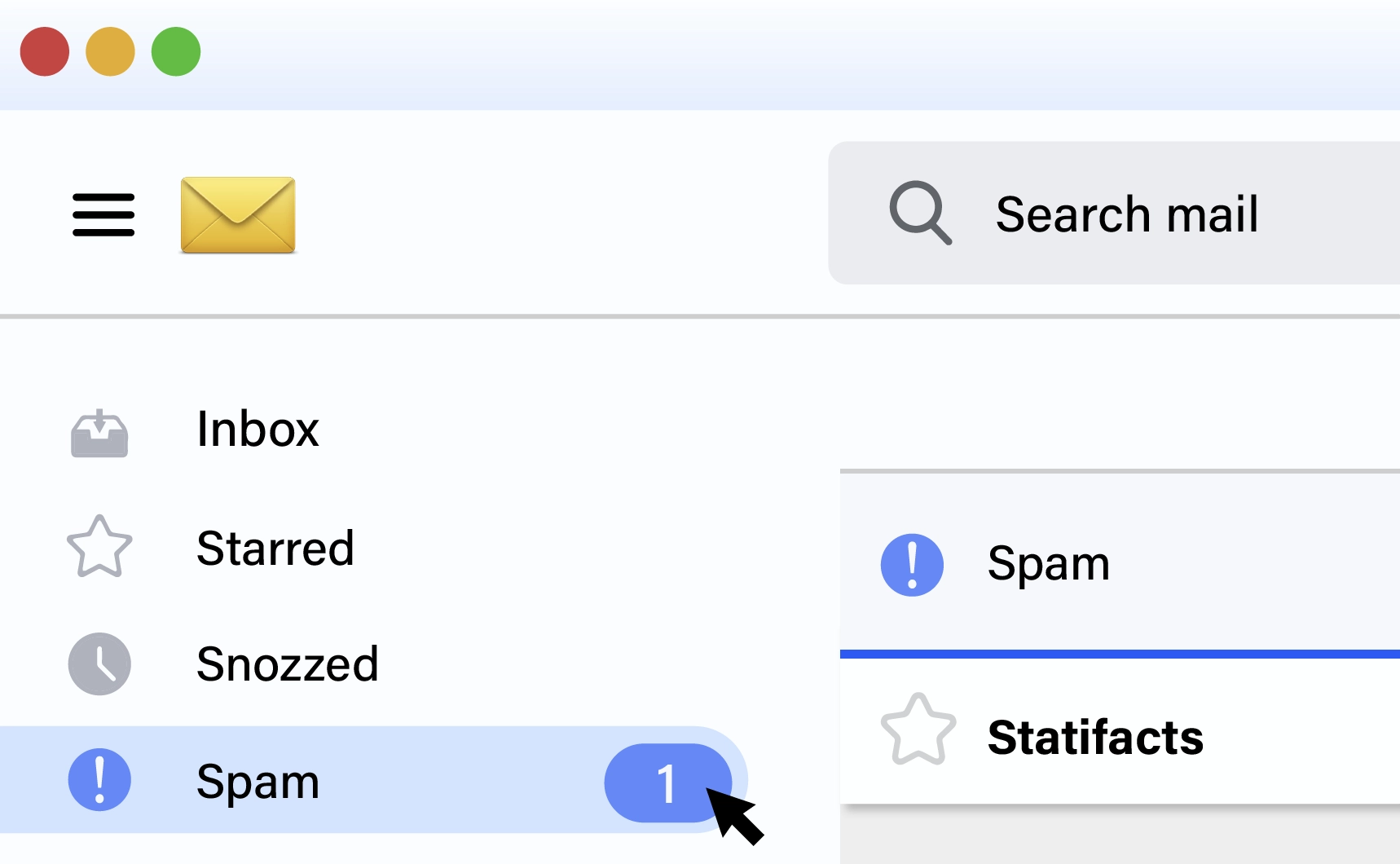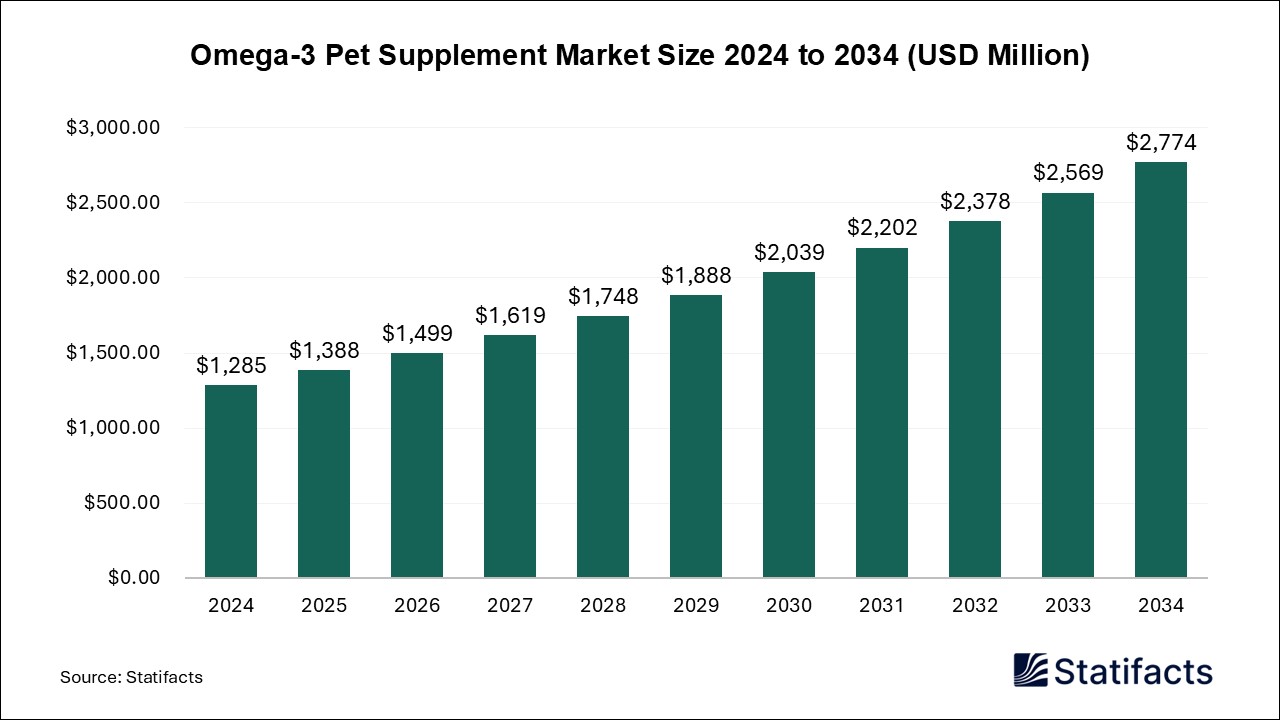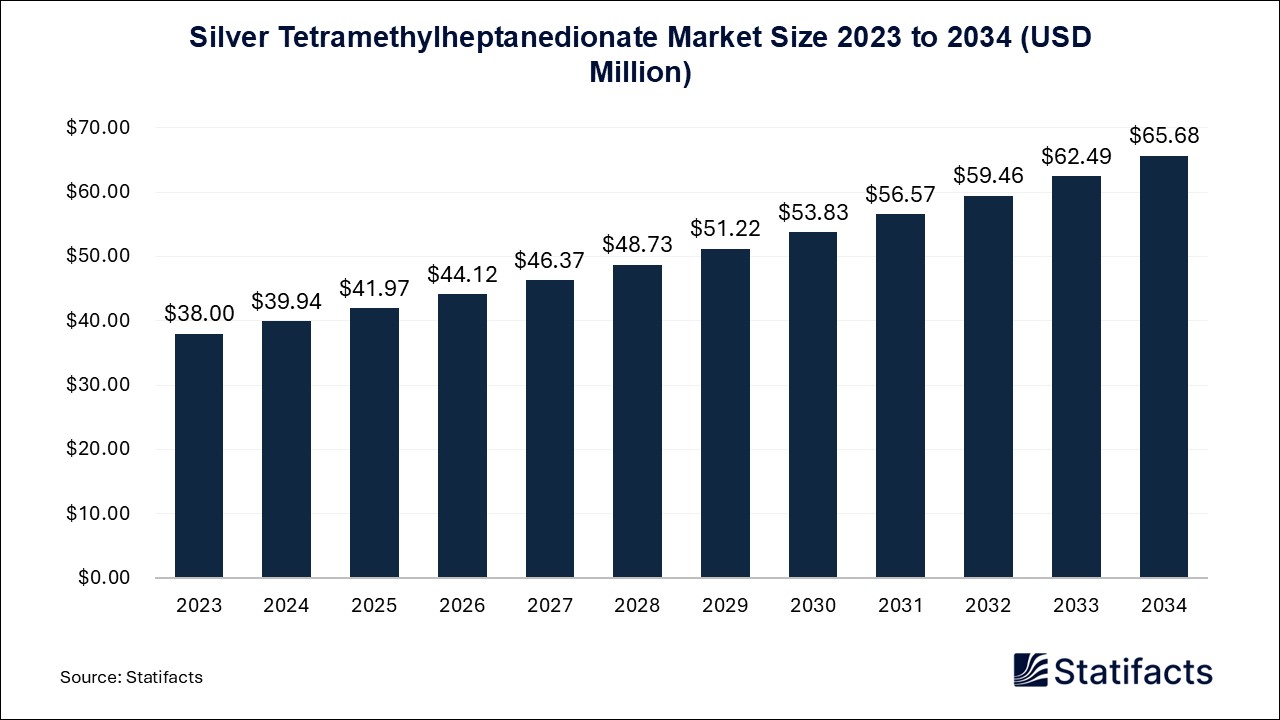
By clicking “Accept All Cookies” you agree to the storing of cookies on your device to enhance site navigation, analyze site usage, and assist in our marketing efforts.
Privacy PolicyThe U.S. cell and gene therapy bioanalytical testing services market size is calculated at USD 169 million in 2024 and is predicted to attain around USD 349.29 million by 2034, expanding at a CAGR of 7.53% from 2025 to 2034.
The U.S. cell and gene therapy bioanalytical testing services market deals with the identification and measurement of drugs and metabolites in biological samples. These services are widely deployed in several sectors, such as the pharmaceutical and biotechnology industries, to support drug development and clinical trials.
The growing incidence of chronic illnesses, like cancer, which currently have no permanent cures, is greatly increasing the need for advanced cell and gene therapies and spurring further research in this area. Additionally, stricter government safety regulations are pushing researchers to create more effective and safer therapies. Together, these factors are significantly boosting the expansion of the U.S. market for bioanalytical testing services related to cell and gene therapy. Cell and gene therapies are increasingly used to treat cancer, autoimmune diseases, and rare conditions, leading to notable improvements in patient outcomes. As of January 2023, the American Society of Cell and Gene Therapy reported over 2,053 gene therapies and 827 non-genetically modified cell therapies in development. This surge in candidates is driving the demand for bioanalytical testing services to ensure safety and efficacy.
The growing recognition of cell and gene therapies, along with their minimal side effects, is driving healthcare research initiatives worldwide. Collaborative research efforts aimed at improving these therapies are leading to an increased demand for bioanalytical testing services. For example, in April 2024, Xcell Biosciences partnered with Labcorp to develop Xcellbio’s AVATAR incubator system, focused on advancing cell therapy research. As part of this collaboration, LabCorp announced plans to increase its strategic investments in Xcellbio. Additionally, the rising incidence of severe diseases is prompting more research into cell and gene therapies. A 2024 study published in cell stem cell highlighted a novel treatment for polycystic kidney disease utilizing gene editing technologies. Researchers also introduced a new drug called glycoside, which aims to mitigate the effects of defective genes. The increasing demand for cell and gene therapies is driving significant investments in their development, leading to a rise in bioanalytical testing needs. Notably, New York announced a $98 million investment in manufacturing for cancer treatments, which is expected to enhance
demand for testing services. Additionally, the push for effective healthcare is inspiring innovation in the sector. For example, Walgreens recently launched its Specialty Pharmacy to provide comprehensive care for patients with complex conditions and support gene and cell therapy services. These initiatives are fueling growth in the bioanalytical testing services market for cell and gene therapies.
The rising need for safe and effective cell and gene therapies has prompted a substantial increase in research and development efforts. Various stakeholders, including governments, pharmaceutical corporations, and biotechnology firms, have acknowledged the tremendous potential these therapies offer and are channeling significant investments into their advancement. Consequently, there has been a marked rise in expenditures related to R&D in the field of cell and gene therapy over the past few years.
Artificial intelligence is driving growth in the U.S. cell and gene therapy bioanalytical testing services market through several key factors. It enables rapid analysis of large datasets, helping researchers identify trends and make informed decisions quickly. Advanced algorithms improve the accuracy and consistency of testing methods, ensuring reliable results. Increased automation speeds up laboratory processes, allowing for higher throughput and faster turnaround times. AI can forecast outcomes based on historical data, aiding in the selection of promising therapies and minimizing clinical trial risks. AI tools help maintain compliance with regulatory standards by ensuring data integrity throughout testing processes. By streamlining workflows and reducing manual tasks, AI lowers operational costs, enabling more investment in research and development. Overall, AI enhances efficiency, accuracy, and speed, contributing to the market's growth.
Research and development in cell and gene therapies is increasing, particularly for neurological conditions lacking effective treatments. This presents a significant opportunity for pharmaceutical and biotechnology companies to invest in innovative therapies. These treatments offer targeted therapeutic effects, which can reduce the need for ongoing costs associated with traditional treatments. The growing demand for these therapies highlights their potential benefits and creates a strong opportunity in the gene therapy market.
Published by Kesiya Chacko
| Subsegment | 2024 | 2025 | 2026 | 2027 | 2028 | 2029 | 2030 | 2031 | 2032 | 2033 | 2034 |
|---|---|---|---|---|---|---|---|---|---|---|---|
| Bioavailability & Bioequivalence Studies | - | - | - | - | - | - | - | - | - | - | - |
| Pharmacokinetics | - | - | - | - | - | - | - | - | - | - | - |
| Pharmacodynamics | - | - | - | - | - | - | - | - | - | - | - |
| Other Test Type | - | - | - | - | - | - | - | - | - | - | - |
| Subsegment | 2024 | 2025 | 2026 | 2027 | 2028 | 2029 | 2030 | 2031 | 2032 | 2033 | 2034 |
|---|---|---|---|---|---|---|---|---|---|---|---|
| Gene Therapy | - | - | - | - | - | - | - | - | - | - | - |
| Gene-modified Cell Therapy | - | - | - | - | - | - | - | - | - | - | - |
| Cell therapy | - | - | - | - | - | - | - | - | - | - | - |
| Subsegment | 2024 | 2025 | 2026 | 2027 | 2028 | 2029 | 2030 | 2031 | 2032 | 2033 | 2034 |
|---|---|---|---|---|---|---|---|---|---|---|---|
| Non-clinical | - | - | - | - | - | - | - | - | - | - | - |
| Clinical | - | - | - | - | - | - | - | - | - | - | - |
| Subsegment | 2024 | 2025 | 2026 | 2027 | 2028 | 2029 | 2030 | 2031 | 2032 | 2033 | 2034 |
|---|---|---|---|---|---|---|---|---|---|---|---|
| Oncology | - | - | - | - | - | - | - | - | - | - | - |
| Infectious Diseases | - | - | - | - | - | - | - | - | - | - | - |
| Neurological Disorders | - | - | - | - | - | - | - | - | - | - | - |
| Rare Diseases | - | - | - | - | - | - | - | - | - | - | - |
| Others | - | - | - | - | - | - | - | - | - | - | - |
To get full access to our Market Insights, you need a Professional Account or a Business Suite.

You will receive an email from our Business Development Manager. Please be sure to check your SPAM/JUNK folder too.

You will receive an email from our Business Development Manager. Please be sure to check your SPAM/JUNK folder too.

Our customers work more efficiently and benefit from



